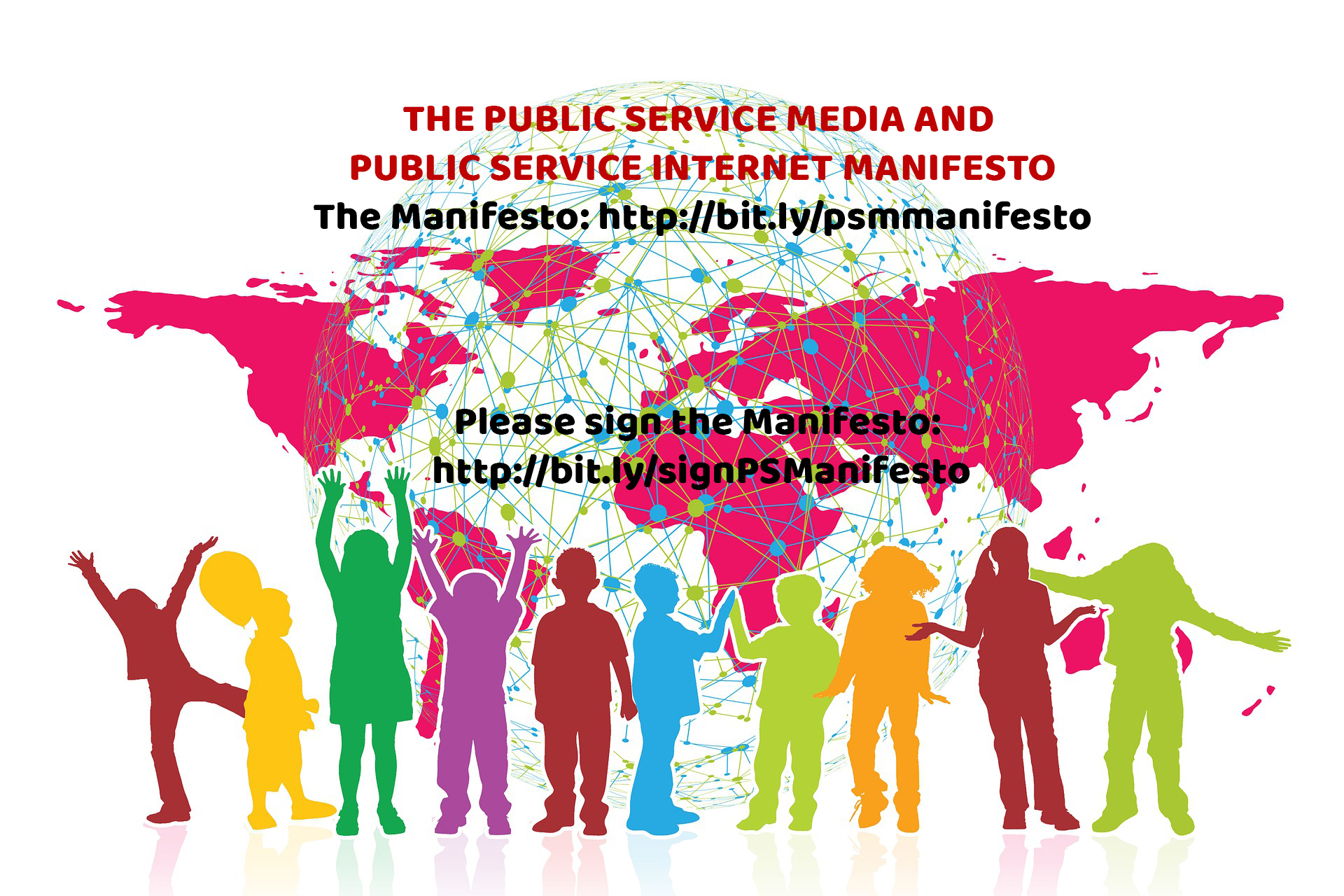Technical Problems Solved
After facing technical problems (following a virus attack), tripleC has on 13 February 2024 resumed its operations and can again accept submissions.
Read more about Technical Problems SolvedAfter facing technical problems (following a virus attack), tripleC has on 13 February 2024 resumed its operations and can again accept submissions.
Read More Read more about Technical Problems SolvedThomas Allmer, Sevda Can Arslan, and Christian Fuchs, eds. 2024. Critical Perspectives on Digital Capitalism: Theories and Praxis. tripleC: Communication, Capitalism & Critique 22 (1): 140-433.
 Full issue: DOI: https://doi.org/10.31269/triplec.v22i1.1501
Full issue: DOI: https://doi.org/10.31269/triplec.v22i1.1501
Table of Contents https://www.triple-c.at/index.php/tripleC/issue/view/49
tripleC’s special issue on “Critical Perspectives on Digital Capitalism: Theories and Praxis” presents 14 papers and an introduction that contribute to establishing foundations of critical theories and the philosophy of praxis in the light of digital capitalism. In Marxist theory, a theoretical and analytical strand has emerged that is focused on the roles that knowledge, communication, media, digital media, and digital communication play in and beyond capitalism. This special issue is a contribution to this type of Marxian analysis and theory construction.

Democracy requires Public Service Media and a Public Service Internet
Please support, share and sign the Public Service Media and Public Service Internet Manifesto:
http://bit.ly/signPSManifesto (please sign the Manifesto)
http://bit.ly/psmmanifesto (Manifesto)
tripleC now hosts the Communication, Capitalism & Critique podcast that you can follow here, on Spotify,
YouTube and Apple Podcasts.

Fuchs, Christian. 2020. Communicative Socialism/Digital Socialism. tripleC: Communication, Capitalism & Critique 18 (1): 1-285.
https://www.triple-c.at/index.php/tripleC/issue/view/41
The contributions in this special issue analyse and theorise the communicative and digital dimensions of socialism today.
Subscribe to tripleC's newsletter/e-list to receive updates about new articles, calls, and journal-specific information
The purpose of this list is to provide news about the journal, its content, calls for papers, and other journal-related information. It is operated in the form of a newsletter, to which users can anytime opt-in and opt-out.
tripleC: Communication, Capitalism & Critique is an open access journal focused on the critical study of capitalism and communication.
Read More Read more about Subscribe to tripleC's newsletter/e-list to receive updates about critical studies of capitalist societyStarting 2011, articles published in tripleC are indexed in a number of academic databases.
Read More Read more about tripleC articles are now indexed in Scopus, Sociological Abstracts, Communication and Mass Media CompleteISSN 1726-670X
Privacy policy
